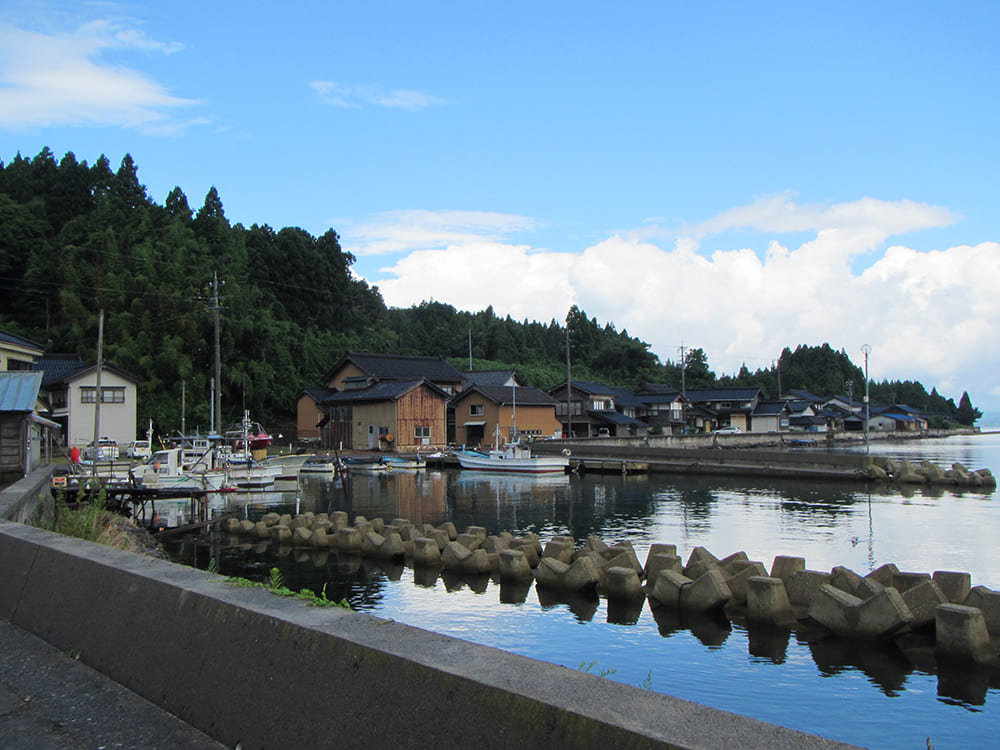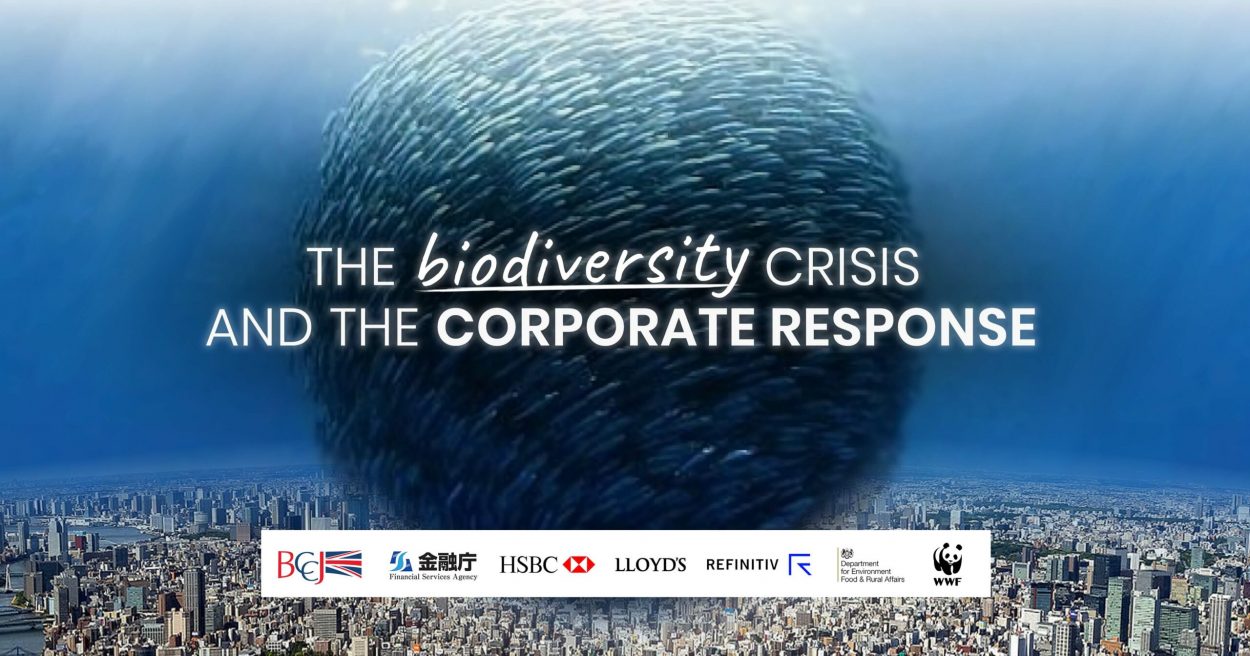IPSI Newsletter

TOPIPSI NewsletterIPSI Newsletter, January 2021
IPSI Newsletter, January 2021
2021.01.28
Dear IPSI members and friends,
Greetings from the IPSI Secretariat in Tokyo, Japan. This is our first newsletter of calendar year 2021, and we look forward to working with our members and friends to make this the true “super year for biodiversity” through our work with SEPLS. As always, IPSI and its members continue to stay active in a wide variety of projects and activities related to landscape and seascape approaches towards “societies in harmony with nature”, even during the COVID-19 pandemic.
This month’s newsletter contains information on two recent articles featuring the work of members of the IPSI community, one on Dr. Evonne Yiu of the IPSI Secretariat and one on Prof. Fausto Sarmiento of the University of Georgia. We also have news of a recent event held by the British Chamber of Commerce in Japan on the biodiversity crisis and an upcoming webinar for upcoming researchers held by the PANCES project. We are also sharing IPBES’s call for external review of its “values assessment”, and from IPSI, a recent case study from The Energy and Resources Institute (TERI) in India.
As always, please do not hesitate to contact us to submit any new case studies or other information about your activities, or if you have any questions or comments.
IPSI Secretariat

IPSI Secretariat's Dr. Evonne Yiu Featured in The Japan Times
Dr. Evonne Yiu, Research Consultant at UNU-IAS, host of the IPSI Secretariat, was recently interviewed and featured in an article under the “Sustainable Japan” section of The Japan Times newspaper. The article prominently features IPSI and Dr. Yiu’s clear explanation of the importance of the principles of the Satoyama Initiative for sustainability in Japan and around the world, particularly related to seascapes and forests. It should provide interesting reading for IPSI members and anyone interested in sustainability.
The article can be found on The Japan Times website here.
(photo: Evonne Yiu)

Article on Mountains as Socio-ecological Landscapes
Prof. Fausto Sarmiento, Professor at IPSI member the Neotropical Montology Collaboratory of the University of Georgia in the United States of America, was recently featured in the online magazine @UGAResearch, in an article titled “Down from the mountain: Mountains as socio-ecological landscapes”. The article is closely related to the concepts of the Satoyama Initiative and SEPLS, particularly as they relate to mountain landscapes and their importance in terms of both culture and nature, and outlines a new understanding of mountain ecosystems that challenges models that have been favored in the scientific community for many years. The article should be of interest to many in the IPSI community, and readers are encouraged to give it a look.
The article can be found on @UGAResearch here.
(photo: @UGAResearch)

Recent Event: The Biodiversity Crisis and the Corporate Response
This webinar was held 22 January to promote engagement between business, government, and the not-for-profit sector on the various roles and commitments of various types of organizations in protecting the world’s biodiversity. The event was organized by the British Chamber of Commerce in Japan (BCCJ) and partners, and featured keynote speeches from experts including the IPSI Secretariat’s Dr. Tsunao Watanabe, Senior Programme Coordinator at UNU-IAS. Panelists noted that biodiversity will be at the heart of major policy processes this year and in coming years, and will be a priority for governments and organizations alike as the world faces a true biodiversity crisis.
For more information, including a video of the whole event, please see the BCCJ website here.
(photo: BCCJ)
Upcoming Event: PANCES Modelling Training Seminar
The PANCES (“Predicting and Assessing Natural Capitals and Ecosystem Services”), overseen by IPSI member the Institute for Global Environmental Strategies (IGES) project brings together researchers to attempt to assess future natural capital and ecosystem services and their values by building an integrated model of social-ecological systems. The project will hold a seminar on 10 March to provide students and young researchers with basic theory, modeling methodology, and specific case studies to study future scenarios analysis, land use and cover change analysis, and ecosystem services assessment. The seminar will be held online 6:00 to 9:30 am UTC on 10 March 2021, and is free to join for registered participants.
For more information and registration, please use the registration form here.

Call for External Review: IPBES Values Assessment Second Order Draft
The Intergovernmental Science-Policy Platform on Biodiversity and Ecosystem Services (IPBES) has sent out a call for external reviewers of its Methodological assessment regarding the diverse conceptualization of multiple values of nature and its benefits, including biodiversity and ecosystem functions and services, or “Values Assessment”, and IPSI members and friends are highly encouraged to take part as appropriate. According to the call, “This second external review is addressed to Governments and interested and qualified experts, including scientists, decision makers, practitioners and other knowledge holders. To ensure the highest scientific quality and policy relevance of the assessment, the Multidisciplinary Expert Panel is seeking the widest-possible participation from experts from all relevant disciplines and
backgrounds.”
For more information and links to registration, please see the call on the IPBES website here.

Recent Case Study: The Energy and Resources Institute
We are happy this month to share one of our recent case studies from The Energy and Resources Institute (TERI) in India. The case study is titled “Mainstreaming Community-Conserved Areas (CCAs) for biodiversity conservation in SEPLS – A case study from Nagaland, India”, and was also included as a chapter in the Satoyama Initiative Thematic Review vol. 5.
According to the case study, in Nagaland, traditional conservation practices have helped protect biodiversity, and there are records of Community Conserved Areas (CCAs) being declared in the early 1800s, especially in response to forest degradation and loss of wildlife. Thus, the revival of traditional conservation practices through the creation of CCAs offers hope for conservation and ecosystem resilience, as communities set aside parcels of forests within productive, shifting cultivation landscapes. A pilot scale project was initiated in three villages in Nagaland, which aimed at creating and linking CCAs across the landscape and supporting conservation through livelihood creation. The model adopted aimed at strengthening the resilience of these mountain communities and their forests by rejuvenating traditional conservation practices and providing supplementary livelihoods. The positive impacts of the project activities were evident at the end of the project as communities reported increased protection of natural resources after the formation of a joint CCA and improvement in management of common resources of SEPLS.
For the full case study, please see the IPSI website here.
Contact
Please be sure to let the Secretariat know if there are any changes in your e-mail address or contact information.
Secretariat of the International Partnership for the Satoyama Initiative
United Nations University Institute for the Advanced Study of Sustainability (UNU-IAS)
5–53–70 Jingumae
Shibuya-ku, Tokyo 150-8925
Japan
Tel: +81 3-5467-1212
Fax: +81 3-3499-2828
Email: isi@unu.edu
If you have been forwarded this newsletter and would like to SUBSCRIBE, you can do so on the IPSI website here.


